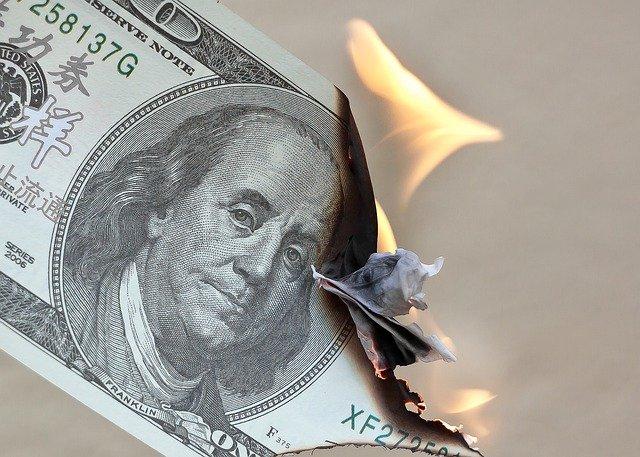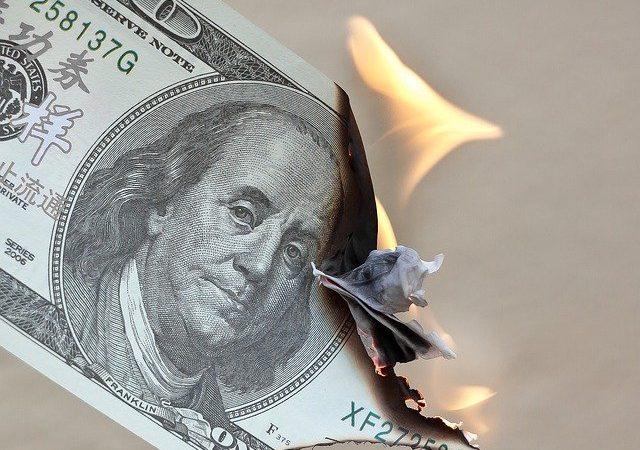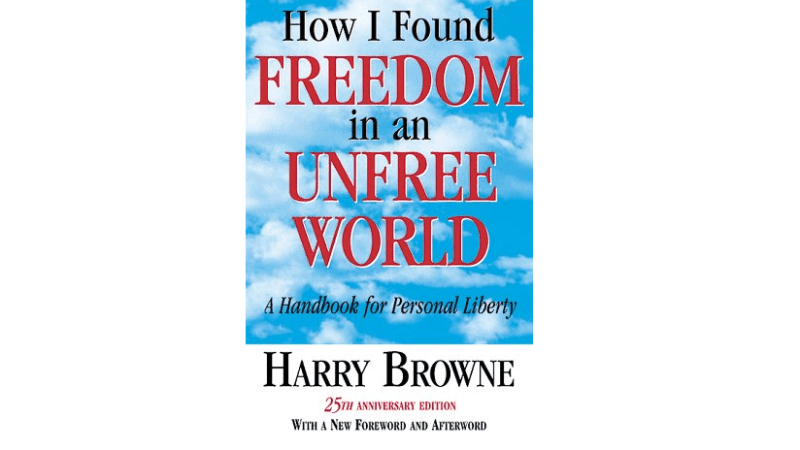Opening a bank account and moving funds safely as an expat
If you’ve ever tried to open a bank account outside your home country, you know the drill: it’s never as simple as “show passport, sign form, done.” Banks want to know who you are, why you’re here, and whether you plan on disappearing next week.
Sometimes they even want proof you’ve been paying the water bill at an apartment you don’t actually live in yet. Welcome to the circus.
The truth is, most countries don’t make it easy unless you’ve got residency papers in hand. Some banks will let you squeak by with just a passport, others demand tax IDs, letters from landlords, or utility bills with your name on them. If you’ve just rolled off the plane with a suitcase, expect a few polite “no’s.”
That said, there are usually one or two banks in any city that have figured out expats exist. They’ll offer “non-resident accounts.” Not perfect, think limited services, higher fees, but better than living off cash or draining your old debit card every week.
Picking the Bank That Doesn’t Make You Cry
Let’s be honest: you don’t care about a bank’s branding. You care about whether it works. Here’s what matters most:
- Do they speak your language? If your Spanish or Thai is still shaky, finding staff who can explain terms in English saves a lot of embarrassing charades at the counter.
- Are there ATMs everywhere? No one wants to hike across town for cash.
- Online banking that actually works. Some countries still treat apps like an optional extra. Don’t assume “modern” means “usable.”
- Transfer costs. If you’ll be moving money across borders, this is where banks like to rob you blind.
Forget glossy brochures, ask other expats what bank they hate the least. The loudest complaints usually point you in the right direction.
The Paper Chase
Banks love paperwork. One place might be happy with your passport and visa, another insists on a tax number, rental contract, and sometimes even a letter from your employer (good luck if you’re freelancing).
In some countries, they’ll even mail a code to your address before your account unlocks, sort of a “prove you really live here” trick.
If you’re in limbo without a permanent place yet, your best bet is either a digital bank that doesn’t demand proof of residence, or an expat-friendly branch willing to bend the rules a little. It’s a pain, but once you get that first account open, everything else (rent, utilities, even your visa in some cases) becomes way easier.
Moving Money Without Getting Ripped Off
Here’s where people really start to lose money. If you just hit “wire transfer” from your home bank to your new one, you’ll notice two things: first, your bank back home charges a random fee; second, the exchange rate looks like daylight robbery. By the time the money lands, you’ve lost 5–10%.
The workaround is simple: don’t use your old bank for international transfers unless you have no choice.
Services built for cross-border transfers almost always give you better rates and lower fees. Some let you hold multiple currencies in one account and swap between them when the rate looks good.
Pro tip: never assume. Always check what rate you’re actually getting. That “0 fees” banner often hides a fat margin in the exchange rate itself.
Timing Is Part of the Game
Currencies move. Maybe not wildly day to day, but enough that sending your life savings at the wrong moment can sting. If your home currency is tanking, consider splitting the transfer into chunks. It’s not about playing forex trader, it’s just about smoothing out the ups and downs.
On the flip side, don’t get paralyzed waiting for the “perfect rate.” I’ve seen people wait months and spend more in rent and bills than they saved by obsessing over exchange charts. Sometimes you just send the money and move on with life.
Keep a Safety Net
One golden rule: never rely on a single bank account. Things happen, an ATM eats your card, your bank flags a transfer as “suspicious,” or they freeze your account until you show up with paperwork you don’t have.
If you’ve got a backup card or account, you’re fine. If you don’t, you’re borrowing cash off friends.
I like to keep a local account for paying bills and a digital account for flexibility. Two cards, two systems. Peace of mind when the inevitable hiccup hits.
Watch the Tax Man
Here’s the part people ignore until it bites them. Move a big lump sum into your new account and don’t be shocked if the local tax office takes an interest.
Some countries want proof of where the money came from, salary, savings, whatever. Keep those records handy.
It’s not about hiding anything; it’s about avoiding the nightmare of proving to a foreign government that yes, this pile of money really is yours.
Old-School Banks vs Digital Upstarts
Online banks are sexy. Quick signups, slick apps, no need to sit in a lobby for hours.
But here’s the rub: landlords, utility companies, and immigration offices don’t always treat them as “real.” Sometimes you’ll still need a traditional local bank account for official business.
The sweet spot is having both. Use the digital one for speed and better transfers, keep the traditional one for paperwork and local credibility. It’s not redundant, it’s smart.
A Few War Stories
One friend in Colombia had his account frozen for two weeks after receiving a $2,000 transfer. Why? The bank decided it looked “odd.” No fraud, just bureaucracy. He had to show contracts, savings statements, even tax filings before they let him touch it again. Moral: don’t drop big amounts in cold, and if you do, warn your bank first.
Another buddy in Portugal relied only on an online bank. Great until he needed a checkbook for a rental deposit. Guess who had to scramble to open a local account in record time? Yeah.
These little headaches don’t mean you’re doing it wrong, they’re just reminders to have backups.
Wrapping It All Up
Opening a bank account abroad and moving money around isn’t glamorous, but it’s the foundation of your new life. The checklist is simple enough:
- Pick a bank that doesn’t make you crazy.
- Bring way more documents than you think you’ll need.
- Don’t transfer money blindly, compare rates.
- Have at least two accounts, just in case.
- Keep clean records for the tax folks.
Once your money’s sorted, everything else (rent, groceries, travel) feels a whole lot easier. And honestly, the faster you get out of the bank lobby and into a café, the sooner you’ll remember why you moved in the first place.



